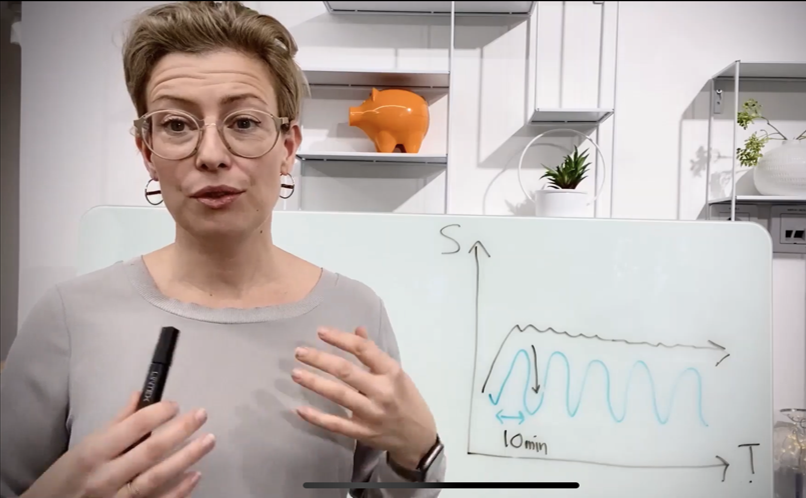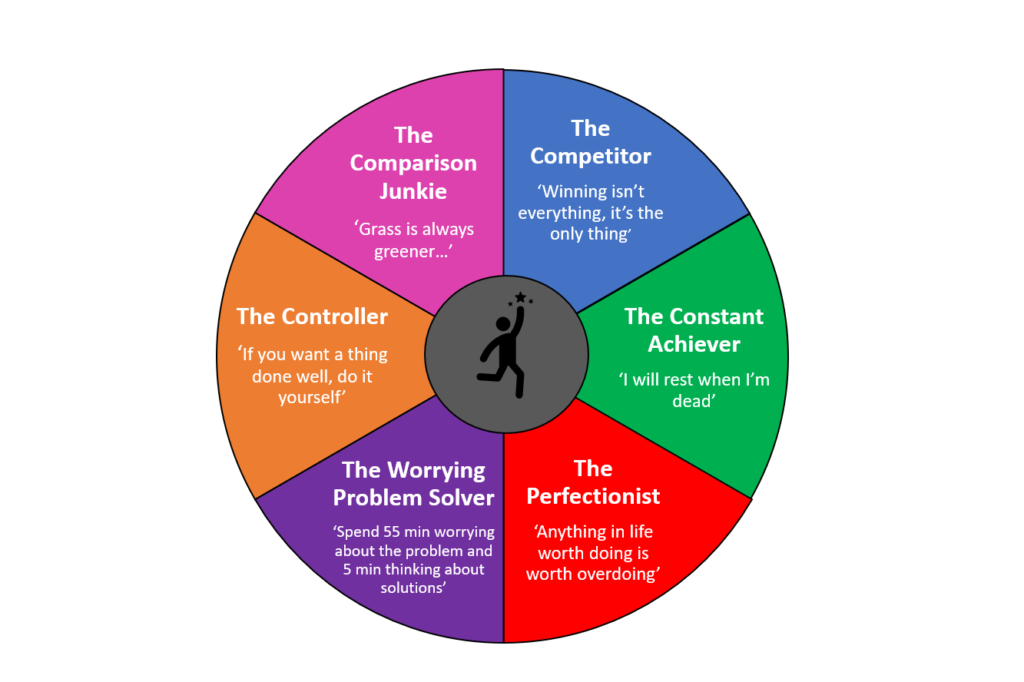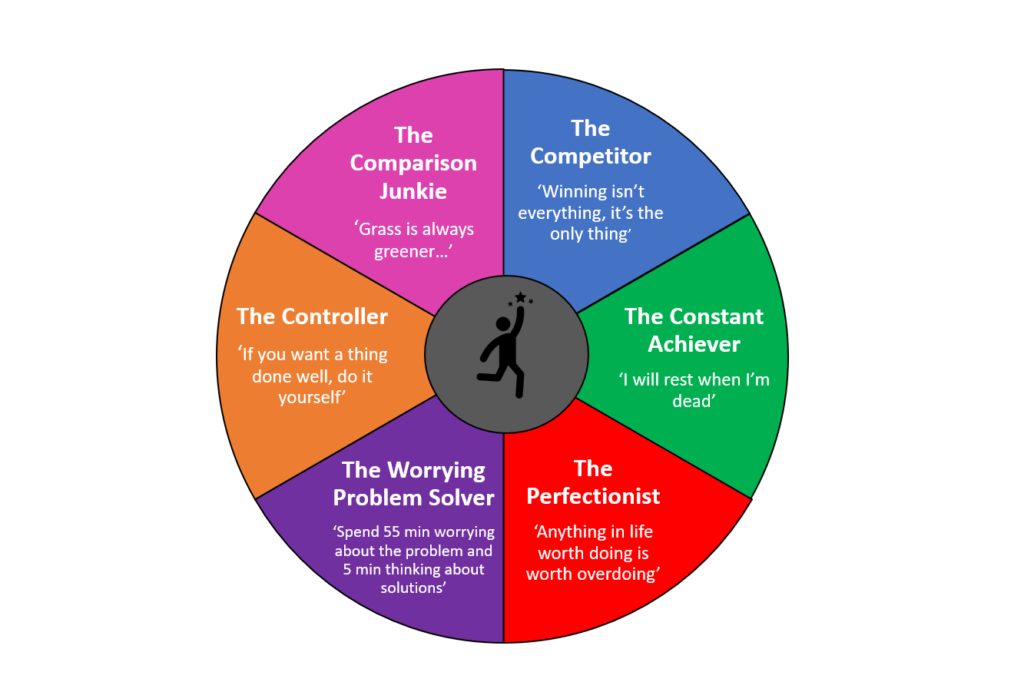Många av oss prioriterar bort just de aktiviteter som skyddar oss från negativ stress:
-
-
- Meningsfulla samtal IRL
- Reflektionstid
- Natur
- Motion
-
Vi behöver ’reflektionera’ mera!
Reflektion + Promenad = Reflektionad
Som Margaret Wheatley sa:
“Without reflection, we go blindly on our way, creating more unintended consequences, and failing to achieve anything useful.”
Sista torsdagen i varje månad pratpromenerar vi tillsammans
Vi möts klockan 8:30 vid Blå Porten nära Djurgårdsbron och promenerar, reflekter och delar förhoppningvis meningsfulla samtal.
Jag delar kort om en modell, ett verktyg eller forskning inom självledarskap. I par eller grupp om tre så promenerar och diskuterar vi (på säkert avstånd). Vi stannar halvvägs och delar våra insikter och tankar, jag ställer en ny fråga och vi byter promenadpartner. Vi är tillbaka senast kl 9:30 vid blå porten och du kan cykla hem eller ta dig vidare till en arbetsdag laddad med:
Vi är tillbaka senast kl 9:30 vid blå porten och du kan cykla hem eller ta dig vidare till en arbetsdag laddad med:
-
-
- Nya perspektiv och insikter
- Full av energi och inspiration
- Nya intressanta kontakter
- Tankar kring hus din kommande månad ska se ut
-
I höst ses vi: 26 augusti & 30 september. Eventuellt släpps fler datum längre fram
Boka en plats senast kl 12:00 dagen innan (formuläret nedan eller på kontakt@emmavallin.se / 0709195374
Deltagande är gratis men vi begränsar deltagandet till högst 10 personer av praktiska skäl.
Väl mött!
[contact-form to=”kontakt@emmavallin.se” subject=”Reflektionad”][contact-field label=”Namn” type=”name” required=”1″][contact-field label=”E-post” type=”email” required=”1″][contact-field label=”Välj det eller de datum du vill delta” type=”checkbox-multiple” options=”26 augusti,30 september”][/contact-form]















